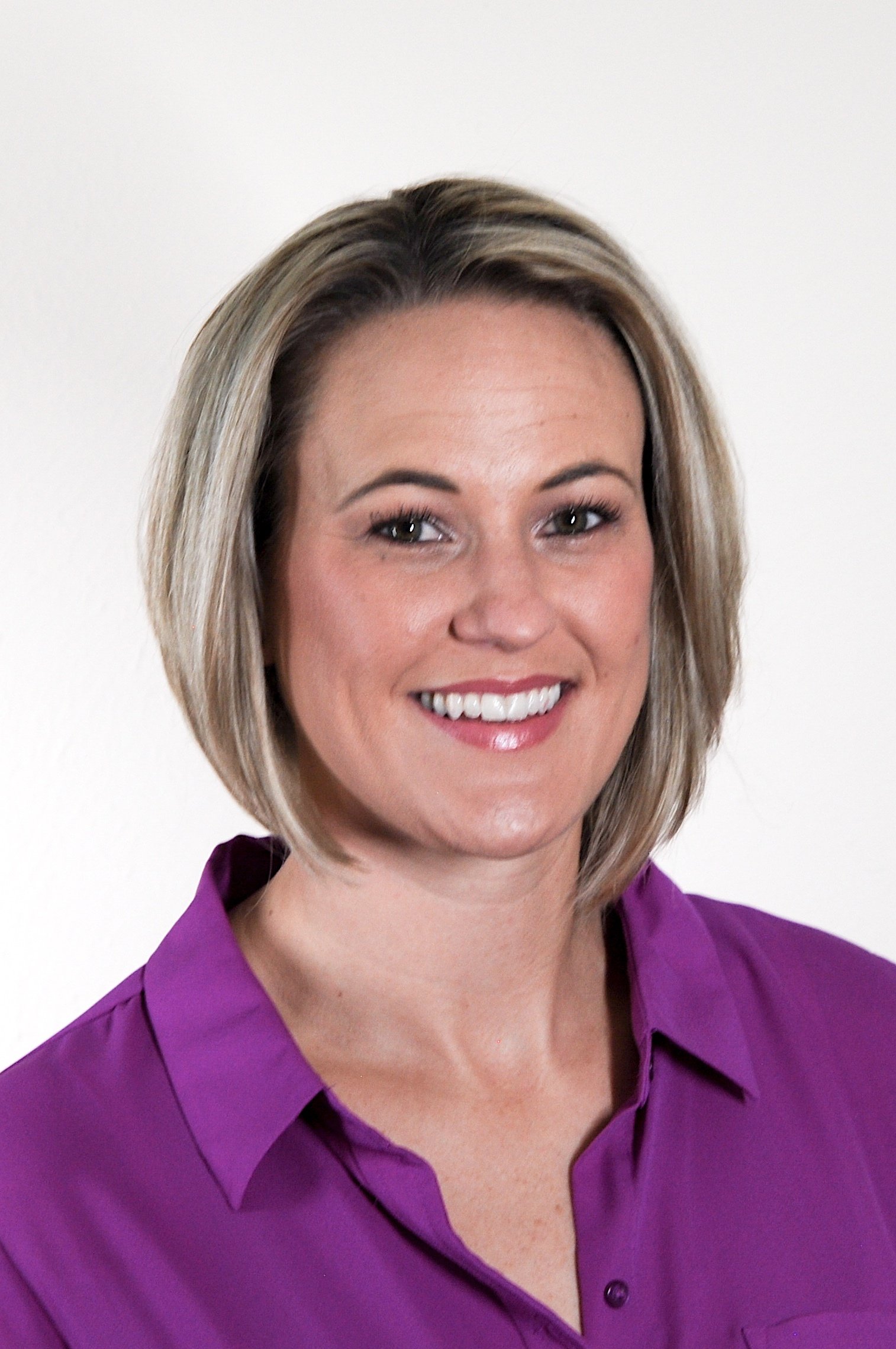Getting to Know Your Customers
in Strategic Account Management, Voice of Customer, Key Account Management /Getting to know someone is always the first step of a long and prosperous relationship. While it’s not always everyone’s favorite part, it’s a necessary component of kicking the relationship off to a good start and moving forward from there.
To be successful in the strategic account management game, you should know your accounts inside and out. By familiarizing yourself with your customers, you can find solutions for their problems, strengthen the relationship, and put yourself one step closer to becoming their Trusted Advisor and partner in their success.
Familiarizing yourself with your customers can seem tricky at first, and you definitely don’t want to ask nothing more than generic “getting to know you” questions.
Today, we’re going to cover some tips and tricks to help you get the ball rolling and become more familiar with your new (or old) strategic accounts.
Who do they know?
Frequently, we see that some account managers are more concerned with the account themselves rather than the other players in their circle. While it’s true that your work is for the strategic account, you should also expand your knowledge beyond.
They say that you can learn a lot about a person through their friends, and the same is true in the business world. To better familiarize yourself with your customers, you should learn more about their partners. What other businesses do they work with? Who are their industry friends?
By learning about the organization’s friends, you can then start to learn more about what makes their company tick. You can determine why they choose to work with certain brands and it will also reveal much about why they decided to work with you.
Also, you want to know more about their enemies as well. Who are their main competitors? If you’re going to create an account plan that puts them over the top and consistently exceeds their expectations, you should know who you’re up against.
Get to know their competition, and you’ll start to learn about the external struggles their organization is facing.
What do people think of them?
Much like you can tell a lot about a person by the people that they chose to hang out with, you can also learn a great deal from what other people are saying too.
While you’re in the first stages of the relationship, you should learn more about how their company is viewed within their respective industry. Learning more about this can go either way – either they’re universally loved, hated, kind of liked, or in between.
No matter what the result is, you’ll be able to develop a game plan to help achieve their goals with full knowledge of their perception within their industry.
You can ask the client directly, but we’ve found that doing some secondary research online can be a great way to learn more. You’ll get an unbiased opinion, and might even be able to tell your client information about their company’s perception they had not considered before.
How do they do business?
Every business will do things differently, and to ensure that you’re working with them in a way that helps them become more efficient, you should know more about their processes.
Specifically, you should learn more about their buying processes. How do they make decisions? What makes them purchase a product or service? Also, you need to learn about their cycles so you can know when they’re more likely to buy from your company and when they won’t.
This type of information isn’t usually readily available online, so make sure to ask them at some point while you’re establishing the account. As you work with multiple strategic accounts and become familiar with each’s buying process, you can better plan your proposed solutions around these cycles.
Their Definition of Success
Although “success” is a term that most people are familiar with, in the strategic account management world, the term is subjective. That’s a good thing for us because, with an accurate definition from the client, we can then tailor our account plan to help them reach their ultimate goal.
Some organizations might view success as a monetary achievement, while others can see it as reaching a service milestone. Whatever the case may be for your client, to better familiarize yourself with their organization, you should find out their definition of success.
There are two parts to this step. You want to know what success means for their organization as well as the personal definition for your contact. Keep in mind that SAM is about making your contact the Office Hero.
You want to provide them with solutions that they’re so excited about, that they tell everyone in the office because it can improve their image. Ask them what the best case scenario for this project would be and take notes for your account plan.
What can you teach them?
Although this blog post is focused on learning more about the account, it can go both ways. The more that your client can learn about their organization, the better. So, you should remain honest and open with the client about any new information that you learn about their organization or their industry as a whole.
This will help not only educate them and raise awareness for areas for improvement, but it also works to improve the relationship from the start.
What are their expectations? How can you exceed them?
Finally, you need to set expectations for the account. Ask them what they desire the most from this project and what they need from you. They can’t accomplish their goals on their own, after all, they wouldn’t be working with you, so you should be ready, willing, and able to not only meet their expectations but consistently exceed them.
Ask how you could “wow” them through your support, services, and products, and then make a note in your account plan.
How Kapta Can Help
Once you’ve done your preliminary research, it’s time to get start accomplishing their goals! Using Kapta, you can easily create an account plan using one of our templates or one of your own, and easily manage multiple accounts without getting bogged down in the technical details.
To see how Kapta can improve your accounts, request your free demo today.







